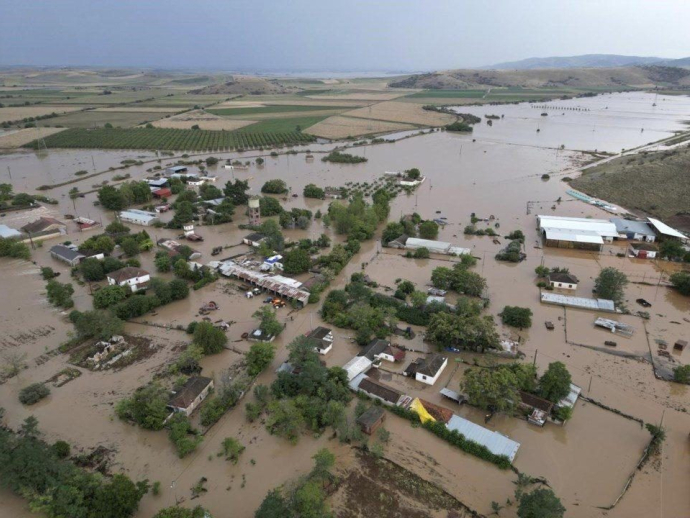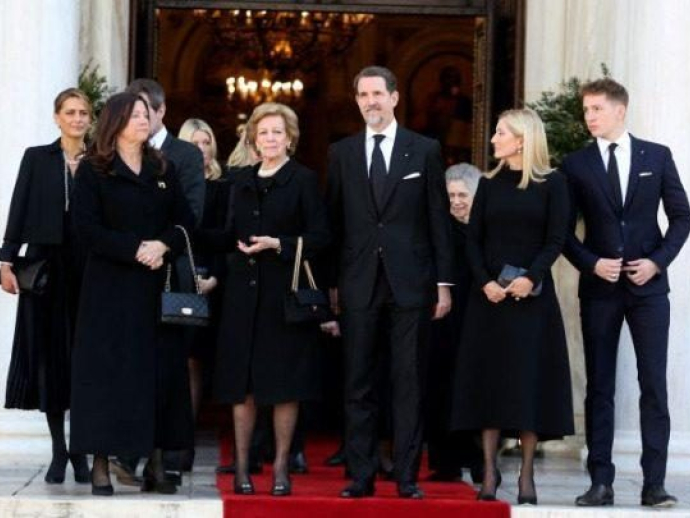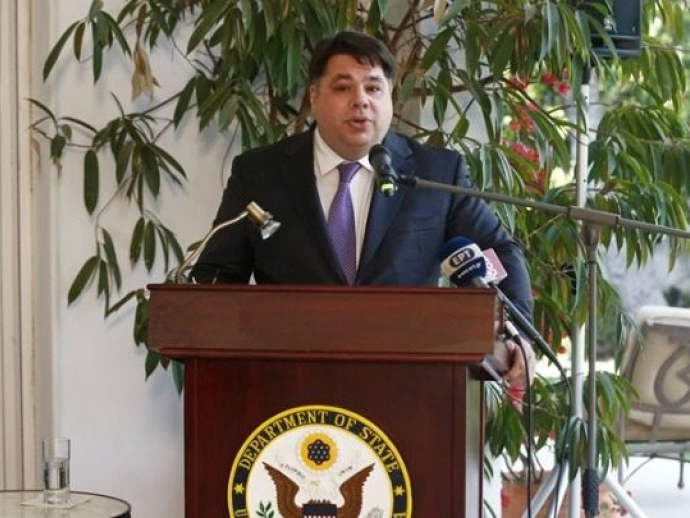Greece urged to do more to combat violence against women
Published on Tuesday, the report was compiled by the independent expert group GREVIO, which is responsible for monitoring the implementation of the Council of Europe’s Convention on Preventing and Combating Violence against Women and Domestic Violence (Istanbul Convention), which Greece signed in October 2018. It is based on the findings of a visit carried out by a GREVIO delegation to Greece in February this year.
In it, the experts hail the establishment of 74 specialized police units to improve law enforcement responses to violence against women, the adoption of guidelines for police intervention in domestic violence cases and enhanced police collection of quantitative and qualitative data on gender-based violence. They also welcome changes to Greece’s legal framework on violence against women, including the adoption of a definition of rape based on the notion of freely given consent.
However, despite this progress, there are still “several” serious concerns, such as the lack of rape crisis centers and/or sexual violence referral centers, which is “especially worrisome” since GREVIO’s evaluation highlights “high rates of attrition in cases of violence against women and low conviction rates, particularly in cases of rape.”
The number of shelters for women – currently at 20, with a total capacity of approximately 450 individual beds – must be “significantly increased” to meet the Istanbul Convention target of one family place per 10,000 head of population, the experts said, also noting that prejudices and stereotypes still prevail among the judiciary despite the recent introduction of mandatory training on gender-based and domestic violence.
GREVIO further raises “serious concerns” about weak safeguards ensuring that incidents of domestic violence are considered when courts determine custody and visitation rights, following the adoption in 2021 of a law on reforms regarding parent-child relations. Its report specifically refers to cases in which abusive husbands have been granted joint custody or unsupervised visiting rights even though they have been convicted for violence, thus jeopardizing the safety of children and of their mothers.
Access of asylum-seeking women victims of gender-based violence to the asylum procedure is another concern raised by the experts, who urge the Greek authorities to address the negative consequences for such women of the implementation of the 2021 Joint Ministerial Decision designating Turkey as a “safe third country” for asylum seekers from several countries and to uphold their obligation to respect the principle of non-refoulement of women victims of gender-based violence.
Another “deep concern” expressed in the report regards media coverage of gender-based violence, which, the experts found, is often sensationalized. Some Greek media outlets, it adds, “use discriminatory language and disclose the identity of victims, thus breaching their privacy.”
GREVIO’s urgent recommendations for the Greek authorities include the following:
Set up rape crisis centers and/or sexual violence referral centers providing immediate medical care, trauma support, forensic examinations, and immediate, short and long-term psychological assistance by qualified professionals.
Introduce training and guidelines for all relevant professionals in the criminal justice system to ensure understanding of rape and sexual violence as offences based on the absence of consent, rather than on the use of force.
Expand the number and capacity of shelters for women victims of violence throughout the country, address the lack of resources allocated for such services and remove any obstacles that hamper victims’ access to such shelters.
Ensure that children exposed to domestic violence receive counseling and support.
Run awareness-raising activities targeting different population groups, including men of all ages, to change underlying patriarchal attitudes and promote understanding of gender-based violence against women.
Make sure that asylum-seeking women and girls receive the best possible support during the asylum procedure, by providing safe accommodation, access to quality interpretation and legal aid.




























































































































































































































































































































































































































































































































































































































































































































































































































































































































































































































































































































































































































































































